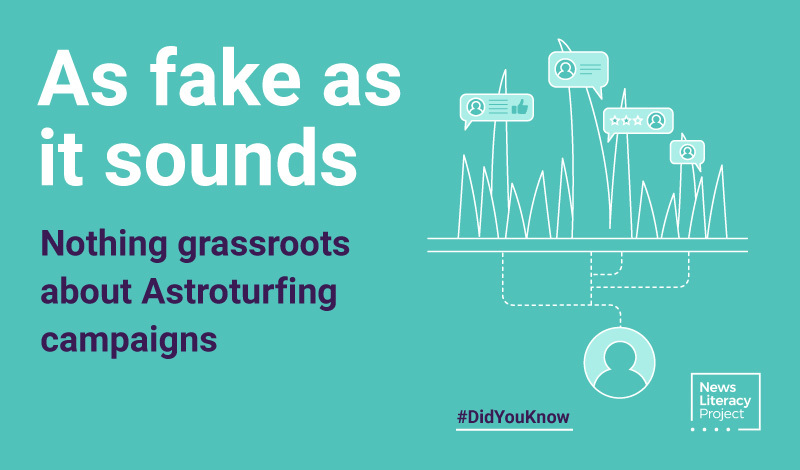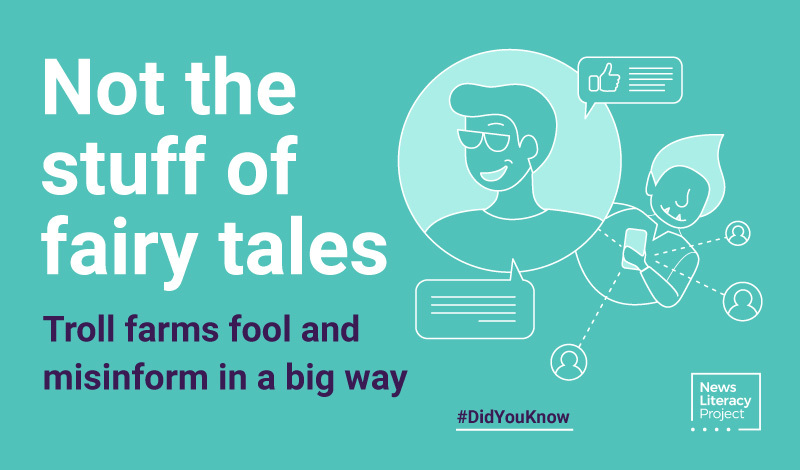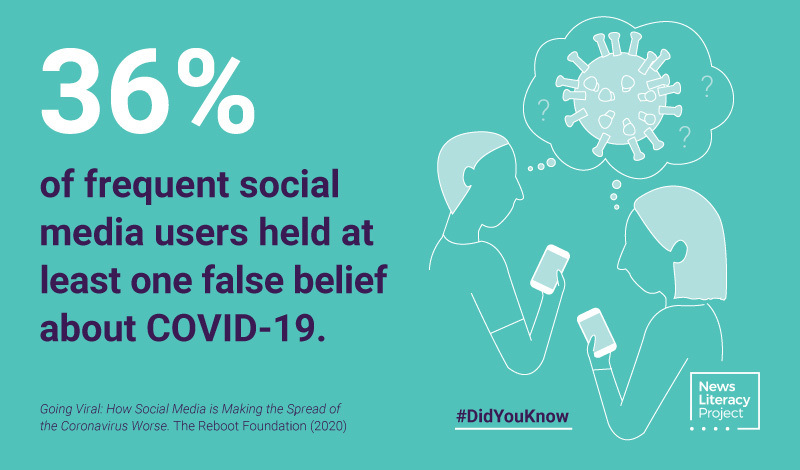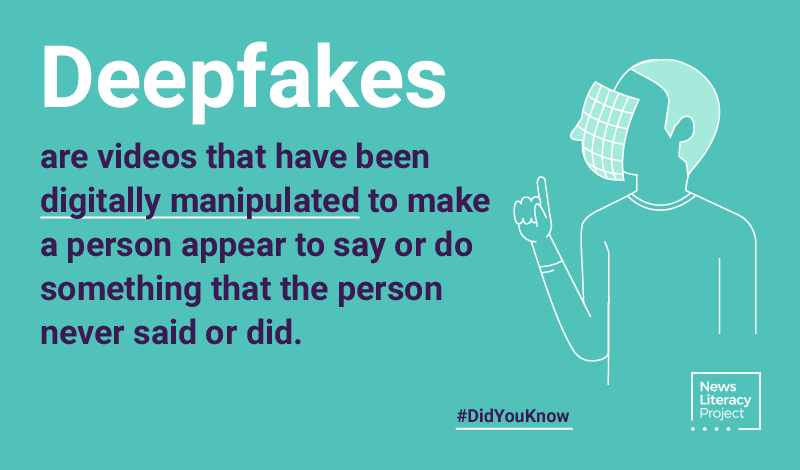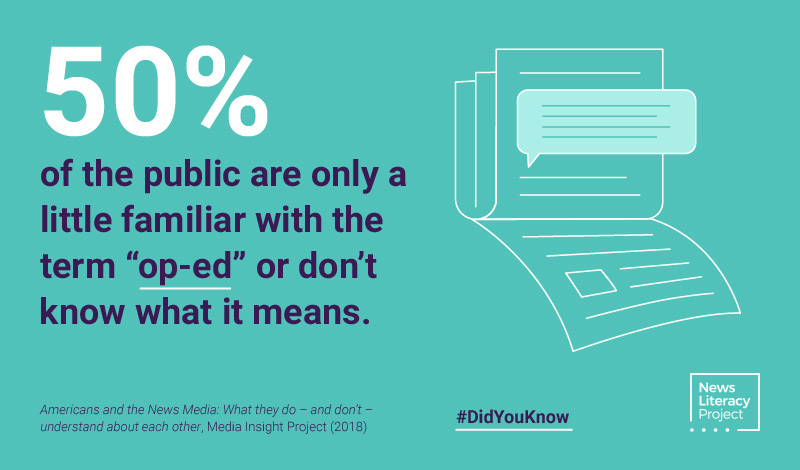
Did You Know?
Information: It’s for everyone
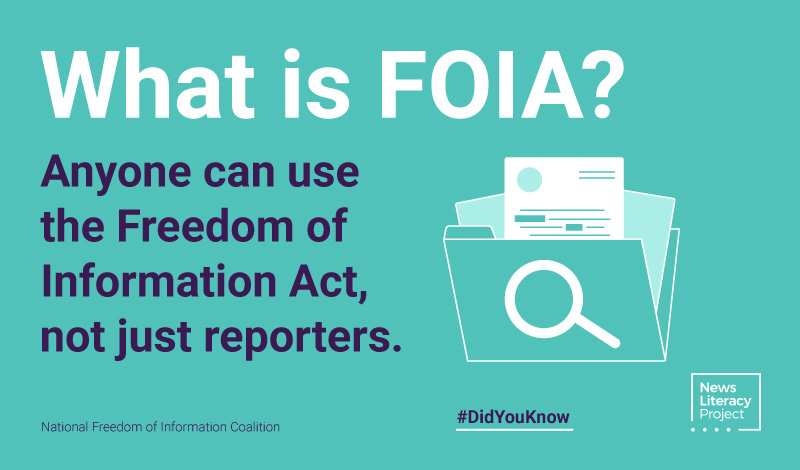
Press freedom isn’t only for reporters, and neither is the Freedom of Information Act (FOIA).
Just as the public is the reason that press freedom matters — so that people know what those in power are doing — FOIA, enacted in 1966, gives everyone the right to ask federal agencies for records about what they do.
States have their own open records laws, and the National Freedom of Information Coalition even walks people through the document-request process. “Protecting your right to open government” is the motto of the group, which began as an initiative to support First Amendment organizations with the goal of protecting the public’s right to know.
FOIA doesn’t mean that the public can know everything, though: The law includes nine exemptions from disclosure, meaning that certain categories of information will not be released. They include information that is classified to protect national security and information that might invade someone else’s privacy.
The government’s answers to frequently asked questions about FOIA include: yes, you need to make requests in writing; no, you don’t need a special form; and if a request will take the agency longer than a month, it has to let the person or organization know.
Lack of communication can signal disregard for the law. In March, NBC 7 in San Diego broadcast a report, based on leaked documents, about a secret government database that kept tabs on people, including journalists, who were involved in some way with a caravan of Central American migrants making their way north.
Soon thereafter, seeking to learn more about the database (and the tracking of journalists), the station and the Reporters Committee for Freedom of the Press sent FOIA requests to the Department of Homeland Security, Customs and Border Protection, Immigration and Customs Enforcement, and Citizenship and Immigration Services. On April 22, the Reporters Committee and NBC 7 sued the department and the three agencies, accusing them of withholding information from the public.
Our right to documents on demand is thanks to John Moss, a California legislator, who said in 1956 when he started his push: “The present trend toward government secrecy could end in a dictatorship. The more information there is made available, the greater will be the nation’s security.”
